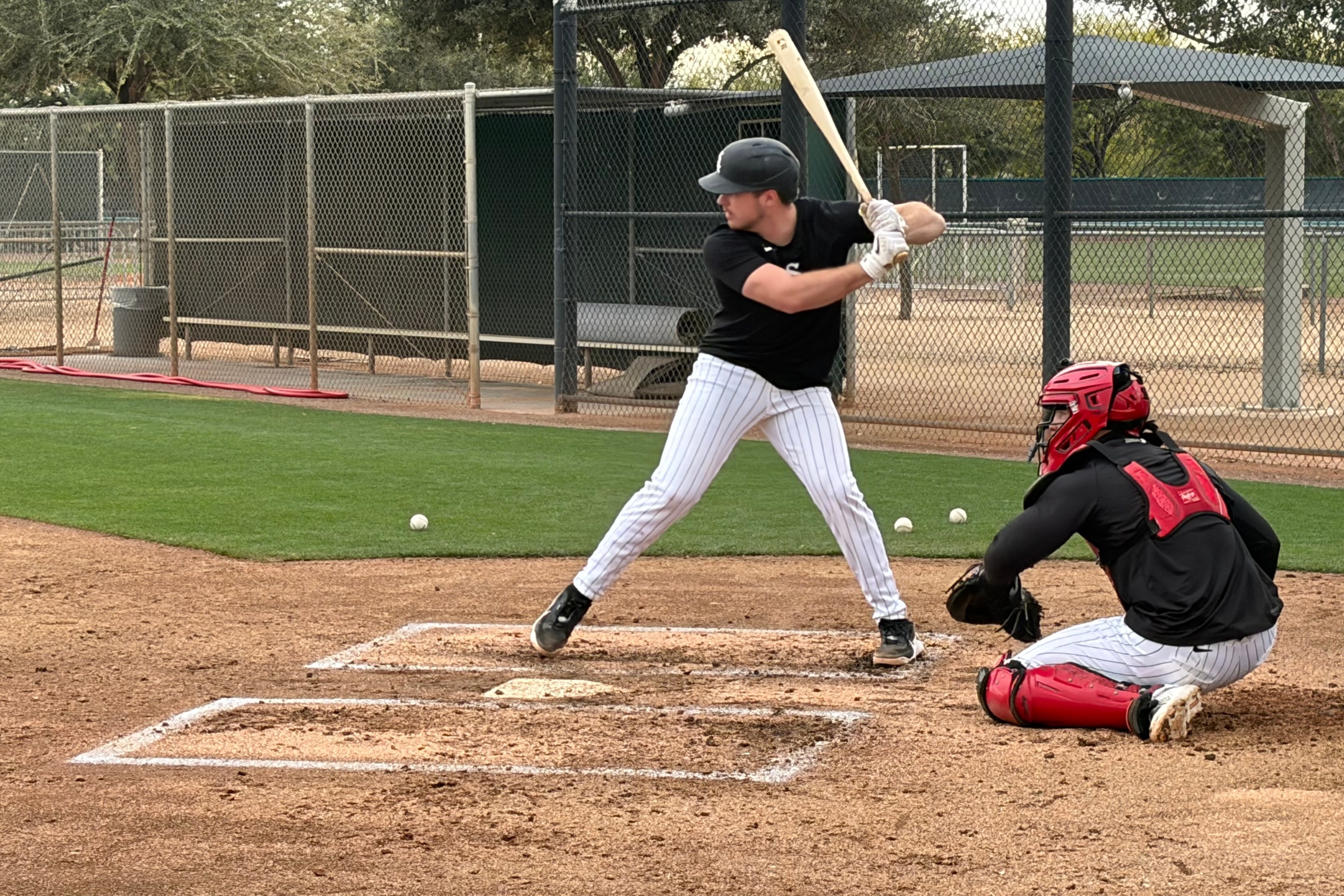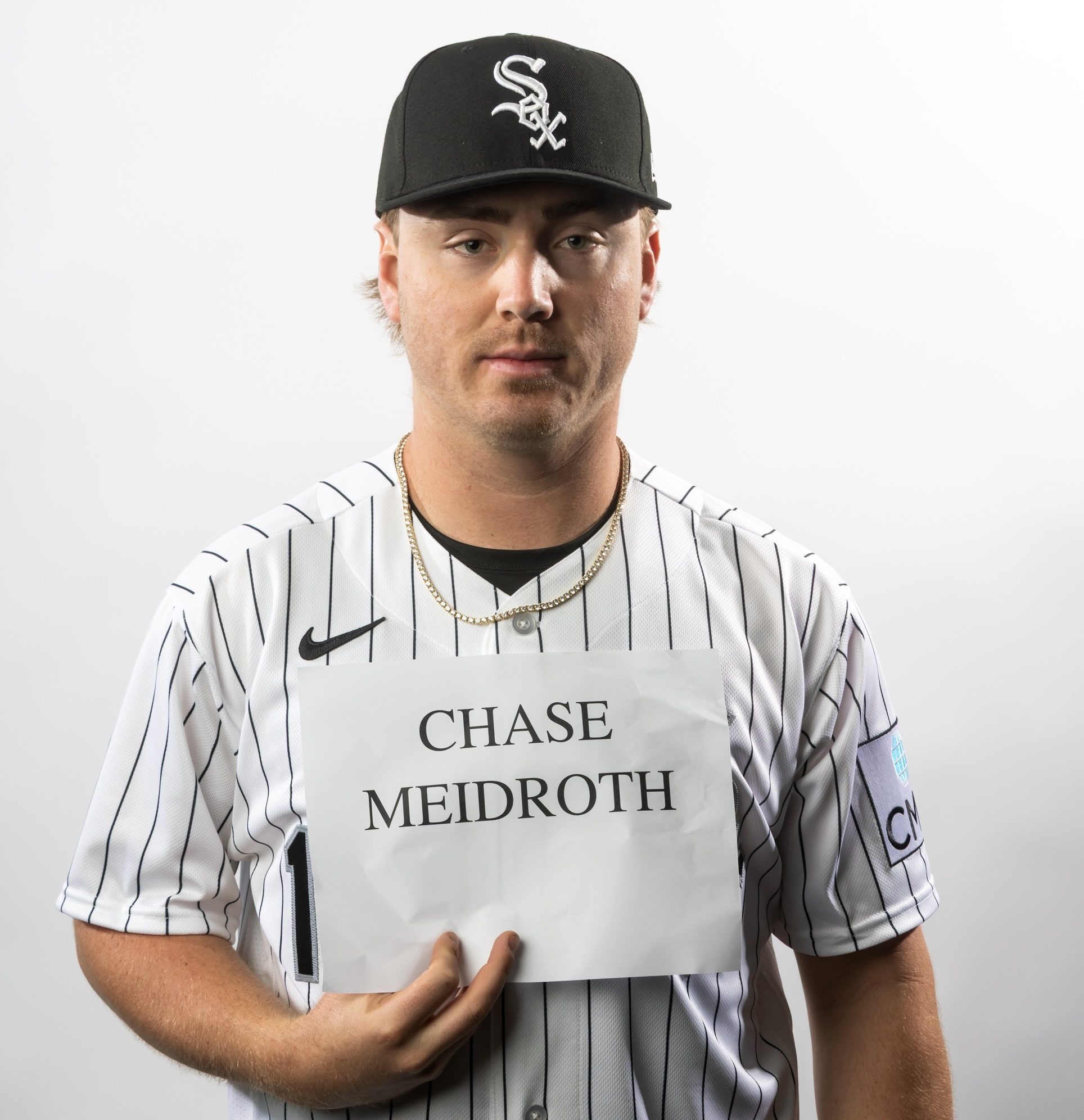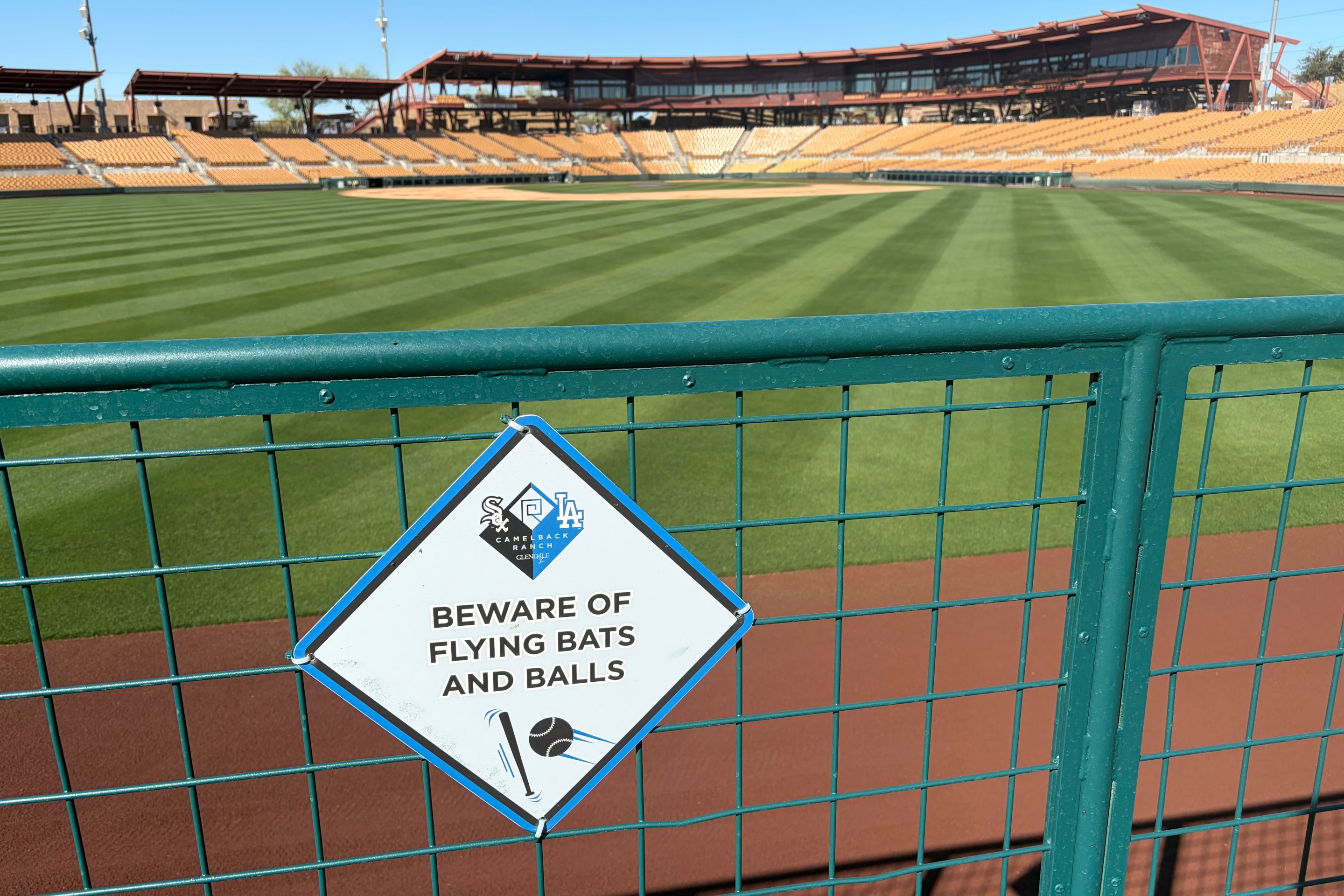In our discussion of the future of Minor League Baseball on Monday, I mentioned that it was one of two topics I'd missed while away and wanted to enter into the record.
The other is the long-awaited final act of Kris Bryant's grievance with the Cubs, which is finally unfolding after several years of dormancy. The Athletic's Patrick Mooney says it's likely to be resolved by the winter meetings, and the question is whether the Cubs need to change their plans for the next two seasons. If Bryant and Scott Boras achieve ultimate victory, he would hit free agency after 2020, not 2021. That doesn't seem likely, but it's now within the realm of possibility.
On one hand, it's ridiculous that a grievance over service time takes four years to settle. I understand wanting to have some larger context for the management of the individual -- did he look overmatched? did roster emergencies force their hand? -- but it seems like that can be achieved in half the time, especially when a guy like Bryant wins Rookie of the Year in his first year and Most Valuable Player in his second.
On the other, there would be some poetic justice in a team seeing its timeline compromised because the powers above them decided to exercise their leverage, threatening to upset everything they've worked toward.
It's worth monitoring the outcome as a White Sox blog because it'd be a precedent for Rick Hahn's handling of a handful of prospects. Eloy Jiménez's spring training contract extension probably takes him out of the conversation, even though that's the only thing that made him an Opening Day starter. The presence of Yolmer Sánchez and Danny Mendick on the depth chart give the Sox a baseball reason for taking their time with Nick Madrigal, even if a win-now team might have different priorities.
Luis Robert is the one they'd have to worry about, because his case shares a lot of Bryant-like characteristics thus far:
- No pressure to sign an early-career contract extension.
- Performance not an issue.
- Nowhere near blocked at MLB level.
- Team delays ascension due to vague length-of-season reasoning.
Like Bryant, Robert looked eminently ready for the majors by the end of his first full pro season, but both teams said five months of baseball was enough for now. Robert accepted that decision in stride, and if the Sox penciled him into the Opening Day roster for 2020 with no strings attached, all claims of bad faith would die of natural causes.
What happens from this point makes the difference.
For the Cubs, they made no plans for third base at the MLB level, as Mike Olt was the nominal starter despite hitting .160 the year before. Yet the Cubs made Bryant open the 2015 season in Triple-A because of his "defense." They waited just beyond the requisite two weeks to gain the extra year of service time, when Olt's wrist fracture made suppressing Bryant impossible to maintain. The Cubs are probably arguing that the Olt injury forced their hand, not the service-time threshold. I'm guessing Bryant's side is saying starting Olt was already enough to convict.
Assuming the White Sox aren't planning to acquire enough MLB talent to block Robert, they're probably watching to see how the arbitrator interprets the Cubs' actions. If they end up losing the seventh year of team control they thought they'd have, then the manipulation can't be defended with "7>6" so easily.
However, if Bryant winning ROY and MVP made the difference, then I'm guessing the Sox would take their chances and assume Robert's career won't start as smoothly. And if Bryant only wins a settlement in the form compensation that doesn't change his timeline, then that probably isn't enough to change the crummy-but-common practice.
The Sox aren't the only team with an interest in how this is resolved. The Twins face a similar prospect with Byron Buxton, with the added complication that Minnesota GM actually used service time as a partial justification. That's why you'll never see Rick Hahn admit that team control is a factor, even if his categorical denial of its significance ultimately invalidates whatever answer he gives.






